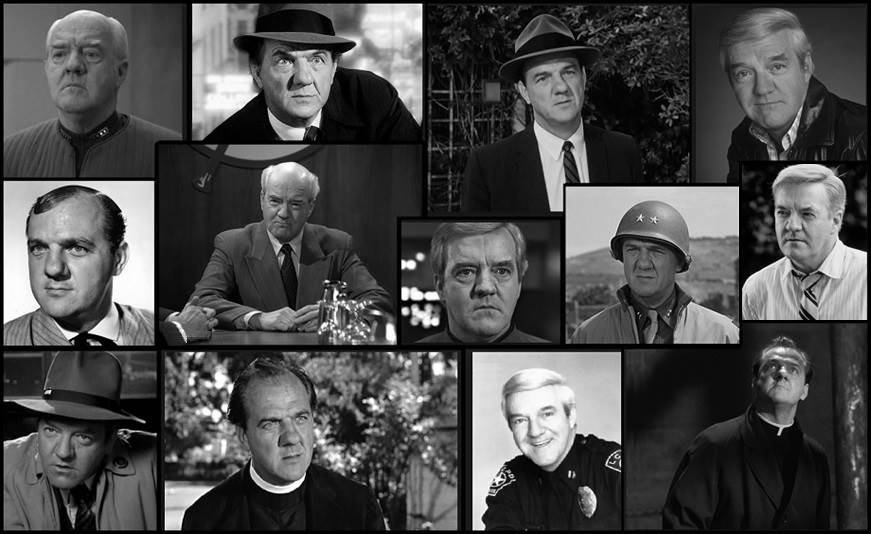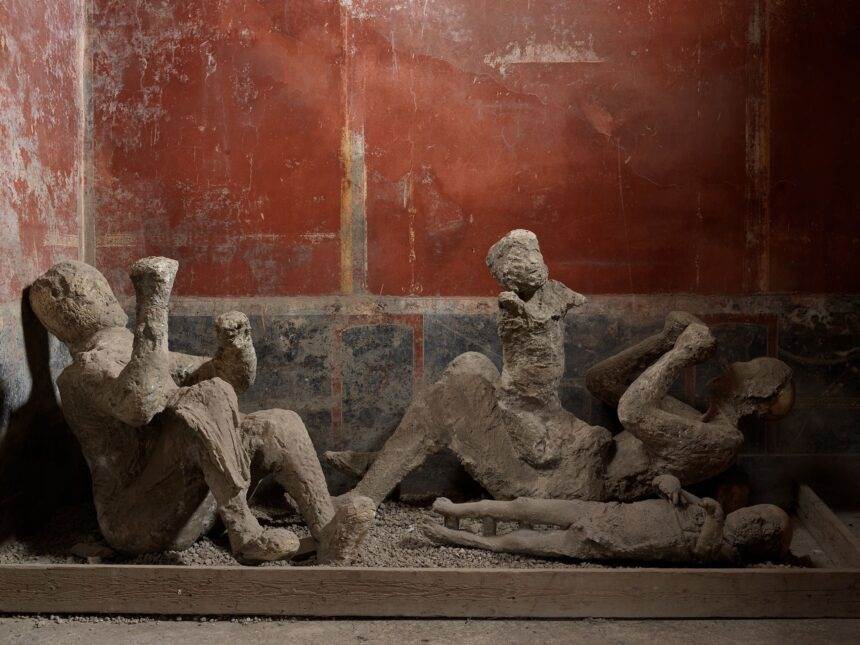
Born Mladen George Sekulovich on March 22, 1912, in Chicago, Illinois, Karl Malden was the epitome of the American dream, rising from humble origins to become a celebrated actor and a decorated World War II veteran.
Raised in Gary, Indiana, Malden's early life was grounded in grit and perseverance. Following his graduation from Emerson High School in 1931, he toiled in the steel mills for three years, a testament to his work ethic and determination to support his family during the Great Depression.

At 22, driven by a passion for drama, Malden moved to Chicago to pursue formal training in acting at the Goodman Theatre Dramatic School.
It was here that he adopted the name Karl Malden—a name that would soon become synonymous with both stage and screen excellence. In 1937, Malden relocated to New York City, marking the beginning of his Broadway career. Renowned for his roles in Arthur Miller’s *All My Sons* and Tennessee Williams’ *A Streetcar Named Desire*, Malden quickly established himself as a formidable presence in theatre.

In 1942, another stage called to Malden—the platform of war.
As global conflict raged, he enlisted in the US Army Air Forces, joining the 8th Air Force. His military service was not without its own drama and intrigue. Stationed in various locales, Sergeant Malden also participated in the US Army Air Forces play and film "Winged Victory" in 1944. This production, a collaboration with 20th Century Fox, was intended to boost morale and support war efforts.
Life in the military was starkly different from the glitz and glamour of Broadway. Yet, for Malden, it was a period of growth and sacrifice, adding depth to the character of the man who would later win an Oscar.
The experience imbued him with a profound sense of duty and an unerring commitment to his fellow servicemen.
After being honorably discharged in 1946, Malden’s acting career saw unprecedented heights. He won the Academy Award for Best Supporting Actor in 1951 for his portrayal of Mitch in *A Streetcar Named Desire*. This accolade was just the beginning of a career characterized by versatility and dedication to the craft. Films such as *On the Waterfront* (1954), where he played Father Corrigan, and *Baby Doll* showcased his expansive range and nuanced performances.
One of Malden's most critical roles came in 1970 when he starred as General Omar Bradley in *Patton*. The film, a historical drama depicting the life of General George S. Patton, became a cinematic landmark, and Malden’s portrayal of Bradley was lauded for its authenticity and emotional resonance. The character's leadership and strategic brilliance during World War II echoed the real-life valor Malden had witnessed during his military service.

In the 1970s, Malden transitioned successfully to television, starring as Detective Mike Stone in *The Streets of San Francisco*. His performance captivated audiences, earning him a devoted fanbase. As a household name, Malden became the trusted pitchman for American Express, a role he embodied for over two decades.
In 1985, Malden's role in the television mini-series *Fatal Vision* earned him an Emmy Award for Outstanding Supporting Actor in a Limited Series, reinforcing his versatility and sustained excellence across different mediums.
That same year, he received an honorary doctoral degree in fine arts from Emporia State University, an acknowledgment of his contributions to performing arts.
Malden’s impact extended beyond the screen. Elected President of the Academy of Motion Picture Arts and Sciences in 1988, he served for five years, during which he advocated for the rights and recognition of artists in the industry. His leadership was instrumental in shaping the future of cinema.
In 1997, Malden published his memoir, *When Do I Start?: A Memoir*, co-written with his daughter Carla.
This literary venture offered a glimpse into the life of a man whose journey encompassed profound artistic achievement and patriotic service.
Karl Malden passed away at 97 on July 1, 2009, in Los Angeles, leaving behind a legacy not only as an actor but as a World War II hero. His life was a tapestry of iconic roles, heartfelt performances, and steadfast service to his country. Survived by his wife of 70 years, Mona, and daughters Mila and Carla, along with three grandchildren and four great-grandchildren, Malden’s influence transcended generations.
Buried at Westwood Village Memorial Park Cemetery, Malden’s memory is a poignant reminder of the resilience and dedication that define the greatest generation. His contributions during the tumultuous times of World War II and his expansive career in film and television serve as enduring testaments to his indomitable spirit and unwavering devotion to both his craft and his country.
Karl Malden's story is more than a biography; it’s a window into an era marked by tremendous upheaval and extraordinary heroism.
His life reflects the broader narrative of a generation that overcame adversity with courage and tenacity. While we celebrate his artistic achievements, it’s equally important to honor his military service, which exemplifies the sacrifices made by countless individuals during World War II. Through Malden’s experiences, we are reminded of the enduring impact of this pivotal moment in history and the valuable lessons it imparts for future generations.
In commemorating Karl Malden, we not only pay tribute to his contributions but also reflect on the complex interplay between fame, duty, and legacy.
His story remains an inspiring chapter in the annals of American history, a testament to the enduring power of resilience and dedication in the face of adversity.



















